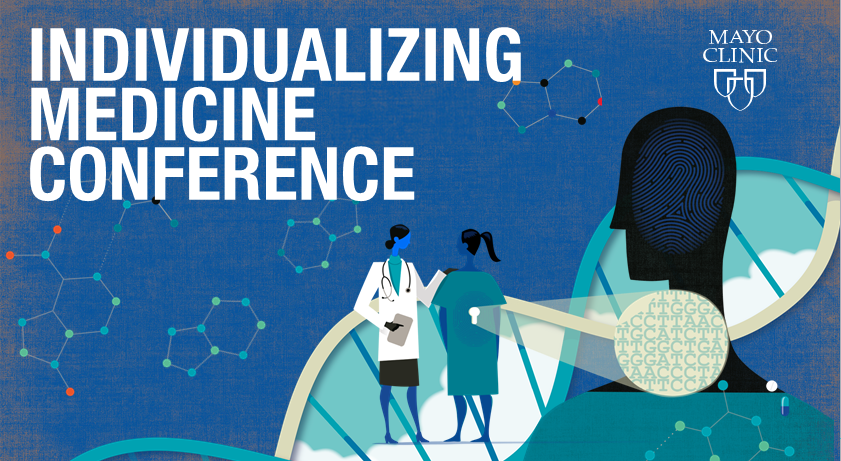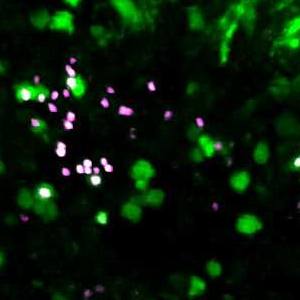-
Center for Individualized Medicine ninth annual conference: Innovate. Connect. Transform.

It has been a remarkable year of discoveries and medical advances at Mayo Clinic's Center for Individualized Medicine. Some innovations include personalized treatments for cancer and rare diseases, and the development of lifesaving artificial intelligence algorithms. All of the center’s efforts are driven by advanced genetic analysis and aimed at providing patients with answers, treatment options and optimism.
Due to the impact of COVID-19, the ninth annual Individualizing Medicine Conference will be offered virtually in a shortened format on Oct. 14.
The Mayo Clinic Q&A podcast introduces you to three of the center’s pioneering scientists who will be featured at the upcoming conference:
Dr. Marina Walther-Antonio is an assistant professor in the Department of Surgery and in the Mayo Clinic Center for Individualized Medicine Microbiome Program. She has a joint appointment in the department of Obstetrics and Gynecology. Her research focuses on the role of the human microbiome in women's health. Listen to Dr. Walther-Antonio discuss the microbiome and gynecologic cancers:
Dr. John Kalantari is an associate consultant in the Department of Surgery, and a faculty member in the Mayo Clinic Center for Individualized Medicine Microbiome Program. He has a joint appointment in the department of Health Sciences Research. His research focuses on artificial general intelligence and the development of AI algorithms for predictive analytics, clinical decision-making and causal inference for preventive medicine. Listen to Dr. Kalantari discuss AI:
Dr. Niloy Jewel Samadder is the associate program director for the Gastroenterology and Hepatology Fellowship Program and program leader for clinical genomics in the Center for Individualized Medicine in Arizona. He also is an associate medical director in the Department of Development. Dr. Samadder’s research focuses on colorectal cancer and inherited predisposition to cancer. Listen to Dr. Samadder discuss precision oncology:







